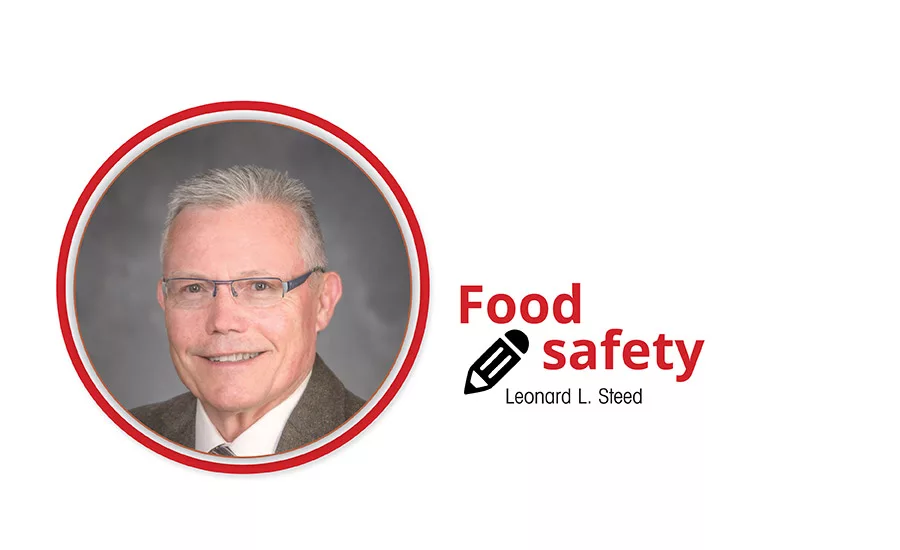Traceability and recall planning: a necessary exercise

There is never a “good” time to initiate a recall. But the worst time is when you are forced to remove unsafe food from commerce and haven’t effectively planned for it.
Food recalls are expensive, disruptive and could result in a severe threat to your bottom line, brand and reputation. Even with the positive impact of Global Food Safety Initiative third-party audits, FDA and USDA recalls are increasing at a rate of approximately 10 percent each year.
From Sept. 2009 to Sept. 2014, the Fifth FDA Reportable Food Registry tracked recalls, noting that 91 percent of all recalls were caused by three hazards, including undeclared allergens, Salmonella and Listeria monocytogenes. The bakery sector accounted for 23.3 percent of undeclared allergen recalls, and the snack food sector accounted for 8.5 percent. The bakery and snack food sectors fared much better for Salmonella at 0.3 percent for both sectors, and Listeria for bakery products at 0.5 percent.
Each of these hazards supports the need for implementation of a prepared, challenged and tested traceability/recall plan, which can significantly reduce the negative impacts of a recall. The importance of understanding and planning for what could conceivably occur is critical.
As a first step, risk-based analysis can be used to quantify the potential for an adverse event, such as a recall, and attempt to apply a “common sense” response. Following your risk assessment and with an understanding of what your risks are, risk mitigation strategies can be employed to find gaps in several different and distinct areas. These could include the traceability of raw materials, various manufacturing processes, and having a complete list of contacts who need to be notified during a recall.
In late 2017, the FDA’s Office of Inspector General (OIG) issued a report highlighting a series of agency inefficiencies, which led to delays in the prompt removal of recalled product from the marketplace. In an effort to improve this response, the FDA created a series of guidance documents, procedural changes, internal training, and accountability using the Strategic Coordinate Oversight of Recall Execution (SCORE) system. This approached established set timeframes for decision-making to collect and evaluate recall effectiveness, both internally and with the recalling firm. Today, these changes have an impact on manufacturers and your best course of action to ensure recall readiness.
In preparation for your recall plan to meet these requirements, first obtain the guidance documents and electronic forms required for public notification. These documents are important in understanding FDA’s “current thinking” on performing a recall and, therefore, must be read and understood by those leading the crisis management team. They should be filled out in advance using the most likely recall scenario for the products manufactured and distributed by your company.
Looking for quick answers on food safety topics?
Try Ask FSM, our new smart AI search tool.
Ask FSM →
These communications should include model press releases, effectiveness check letters, questionnaires, return response forms, and other reporting documents needed to inform the FDA or state coordinators that all efforts were made to prevent usage of violative product. With these documents, you can prepare recall communications in advance and in cooperation with the FDA, wholesalers, and retailers, as appropriate in the event of an actual recall.
Updates in regulations, as well as changes of personnel and channels of distribution in your company, are all reasons to continuously challenge and audit your existing procedures. Risk-based internal audits will then help you understand likely or potentially weak areas in your recall program to confirm its continued effectiveness. Having these audits scheduled will prompt your organization to take a fresh look at your recall capabilities, understand the inherent hazards in your products and confirm your ability to efficiently and effectively remove unsafe food from the marketplace.
Preparation through crisis management testing of your recall program and using your internal audit program to confirm that procedures are understood will enhance your ability to perform an effective recall. Coupled with the efficient removal of product from commerce, these processes will provide internal and external confidence that your operation will be prepared should a recall become necessary.







